News
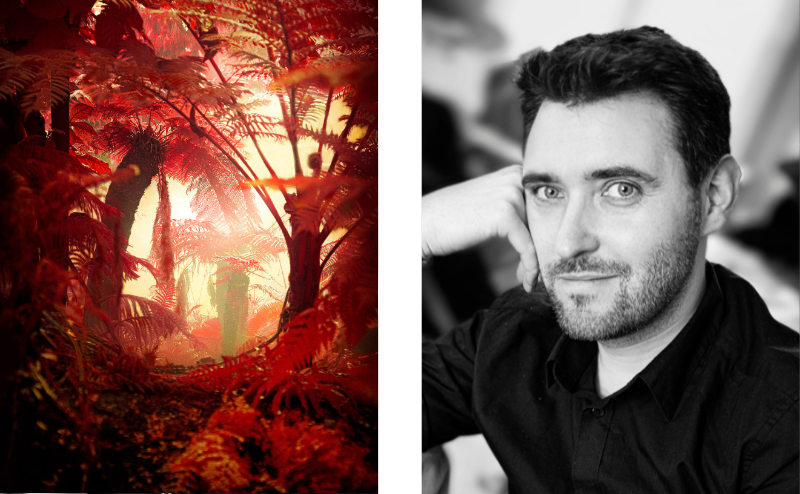
Yann Philippe, photographer and teacher, specialist in infrared photography
Yann Philippe graduated from the GOBELINS Paris "Photography - Post-production" course in 2009, and is now a member of the school's teaching team, where he teaches photo post-production to students in the Bachelor Photographe et Vidéaste program. He is also involved in continuing education, notably in the " Animated GIF and Cinemagraph " and " Photographing the invisible " courses. Fascinated by infrared photography, he has designed a specialized filter, marketed in the United States. A professional retoucher and photographer, he has also opened his own business, Flowim Studio, in Tours.
Can you tell us about your career since leaving the school?
I left school just after the 2008 crisis, and everyone kept telling us we wouldn't find work. It was so ingrained in our heads that Élodie Campeanu, a classmate, and I decided to join forces and set up our own post-production photo studio.
We had clients right from the start, thanks to our internships, the photographers we already knew and the school's networks. By 2010, our studio was doing very well, and our address book was growing fast. We decided to evolve our activities and move from the " Pixus Retouch " brand to " Pixus Prod " to be able to offer complete productions (finding the photographer, taking care of logistics, studio rental) so that we could approach larger clients, with bigger budgets.
In 2014, to best meet our orders, we decided to rent the premises adjoining our offices and turn it into a studio, Studio Perché. The studio was available for rent when we weren't using it, the idea being to be able to drain a stream of photographers into the studio and introduce them to our retouching services.

LEGO" series of tutorials for "Advanced Creation" magazine by FLOWIM Studio
We ended the Pixus Prod adventure in 2015. We'd reached a critical point that we couldn't get past: we were making a very good living, but we couldn't hire and grow the business. At the time, the big retouching studios in Paris were starting to run into difficulties and were downsizing. We were both in need of renewal, so we decided to close our company and go our separate ways. We found a buyer for Le Studio Perché who took over the whole brand and identity.
I moved to Tours and opened Flowim Studio, my current company, where I have developed the same activities as with Pixus Prod, i.e. retouching, commercial and advertising photography, B-to-B portraits, still lifes, etc. I still work with my partner, and we've remained on very good terms.
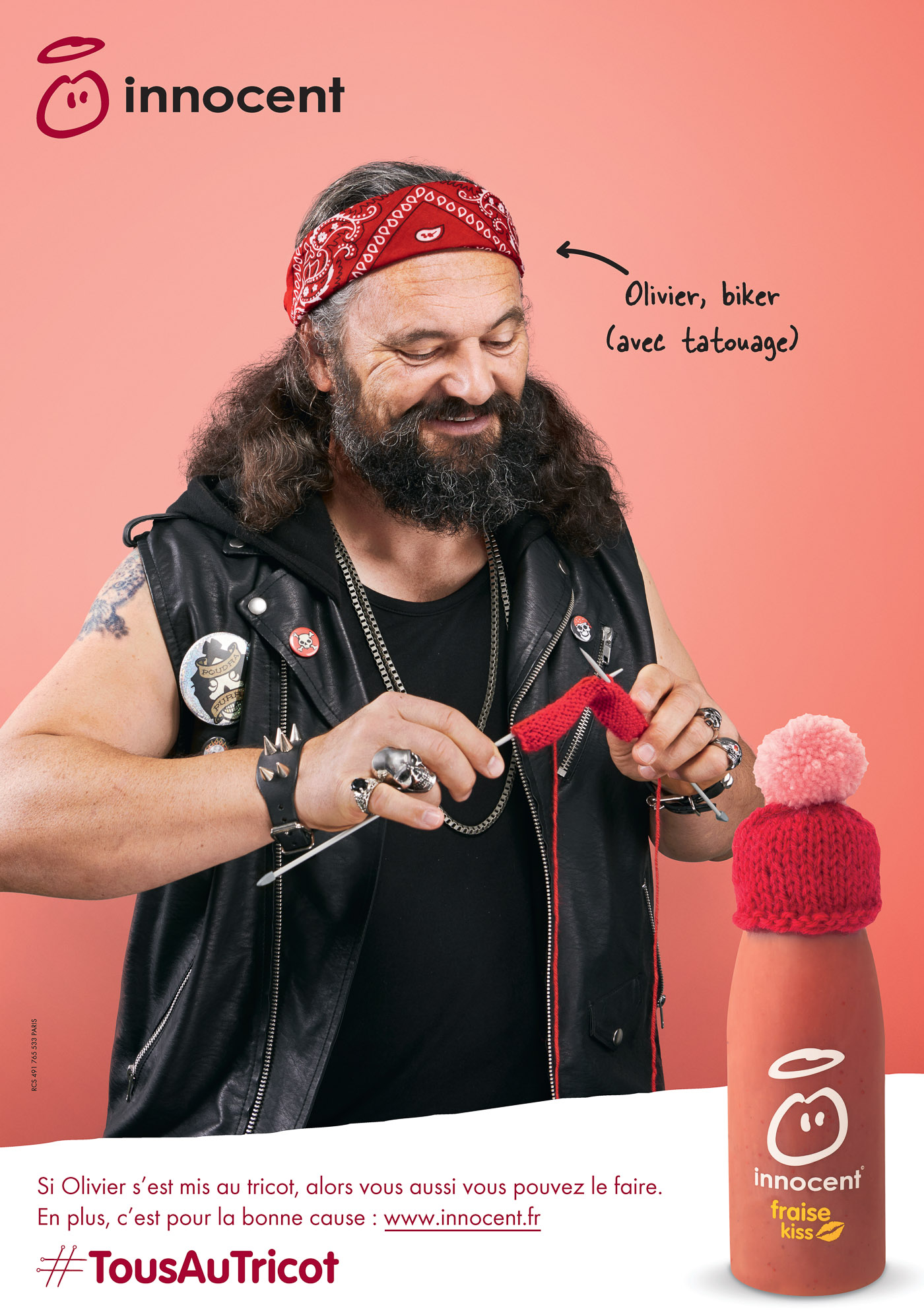
Innocent campaign by the Rosbeef agency, photographed by Alexis RAIMBAULT (Gobelins Photo -Prise de vue promo 2009). Retouching by FLOWIM Studio.
You set up the "Infrared Photography" association in 2017, how did you become interested in this theme?
I discovered infrared when I was still a student, researching little-known techniques to find a photographic niche. At the time, you could hardly find any information on the subject on the Internet.
I quickly realized that infrared photography was very complicated. There were no cameras on the market, and you had to modify your camera yourself, or obtain authorization to buy one from the only American company that produced them for specialized uses (police, scientific research, etc.). As infrared devices could be used to see certain countermeasures against counterfeiting of banknotes, the teachers at the time, including Jérôme Jehel, who was already there, had to sign very specific documents so that I could have this equipment imported.
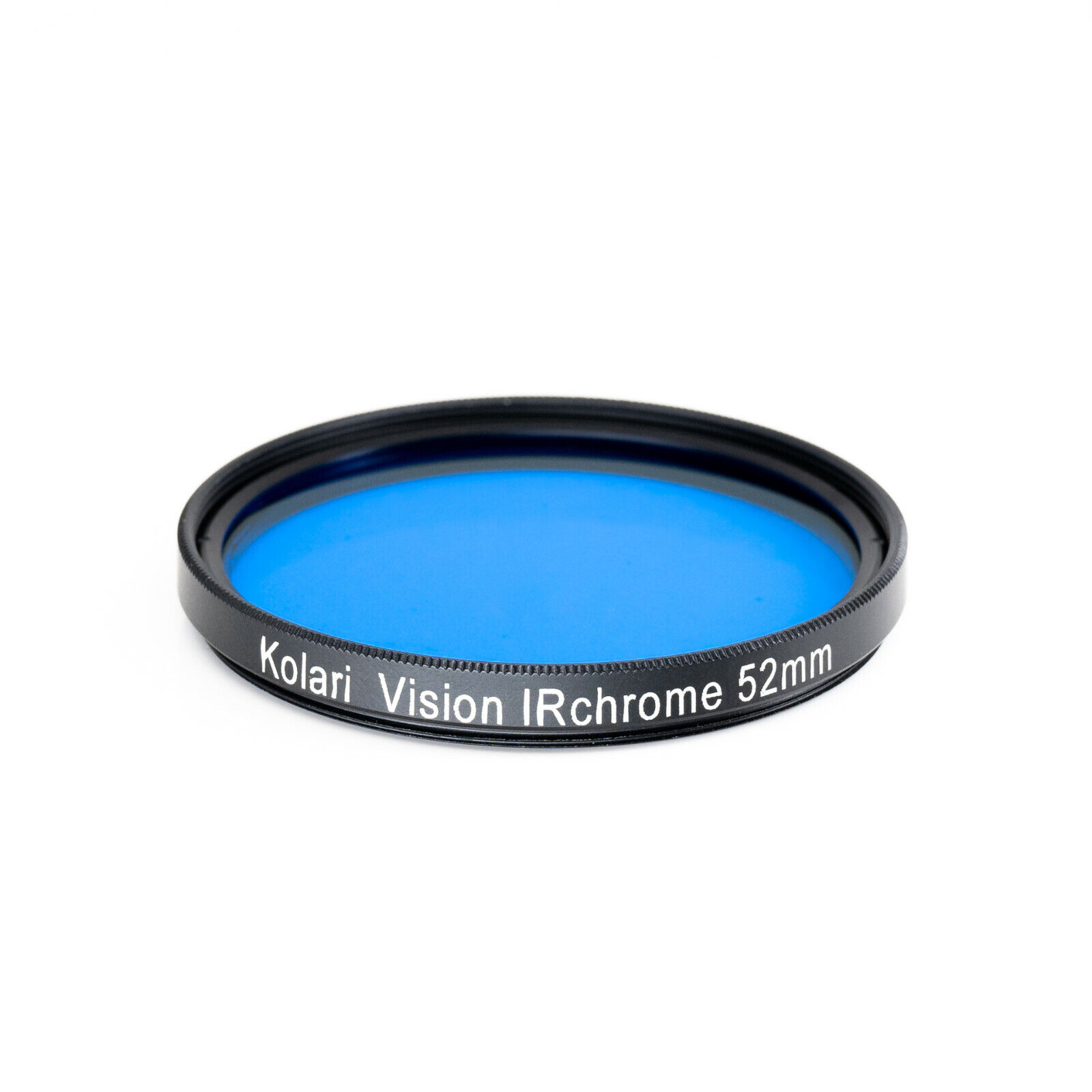
The IRChrome filter produced by KolariVision and developed by Yann PHILIPPE in conjunction with the American firm.
In 2014, via Facebook, I was able to get in touch with groups of enthusiasts. There were several of us in Paris, and we set ourselves the mission of promoting infrared photography and making it accessible to as many people as possible. We set up workshops that later led to the " Photographing the invisible " course at GOBELINS Paris.
In 2019, I created an infrared filter with an American company, Kolari Vision , which gives a rendering that is the same as that of the Kodak films of the time.
I still co-direct theassociation; infrared is my work as an auteur photographer, it's what allows me to exhibit.
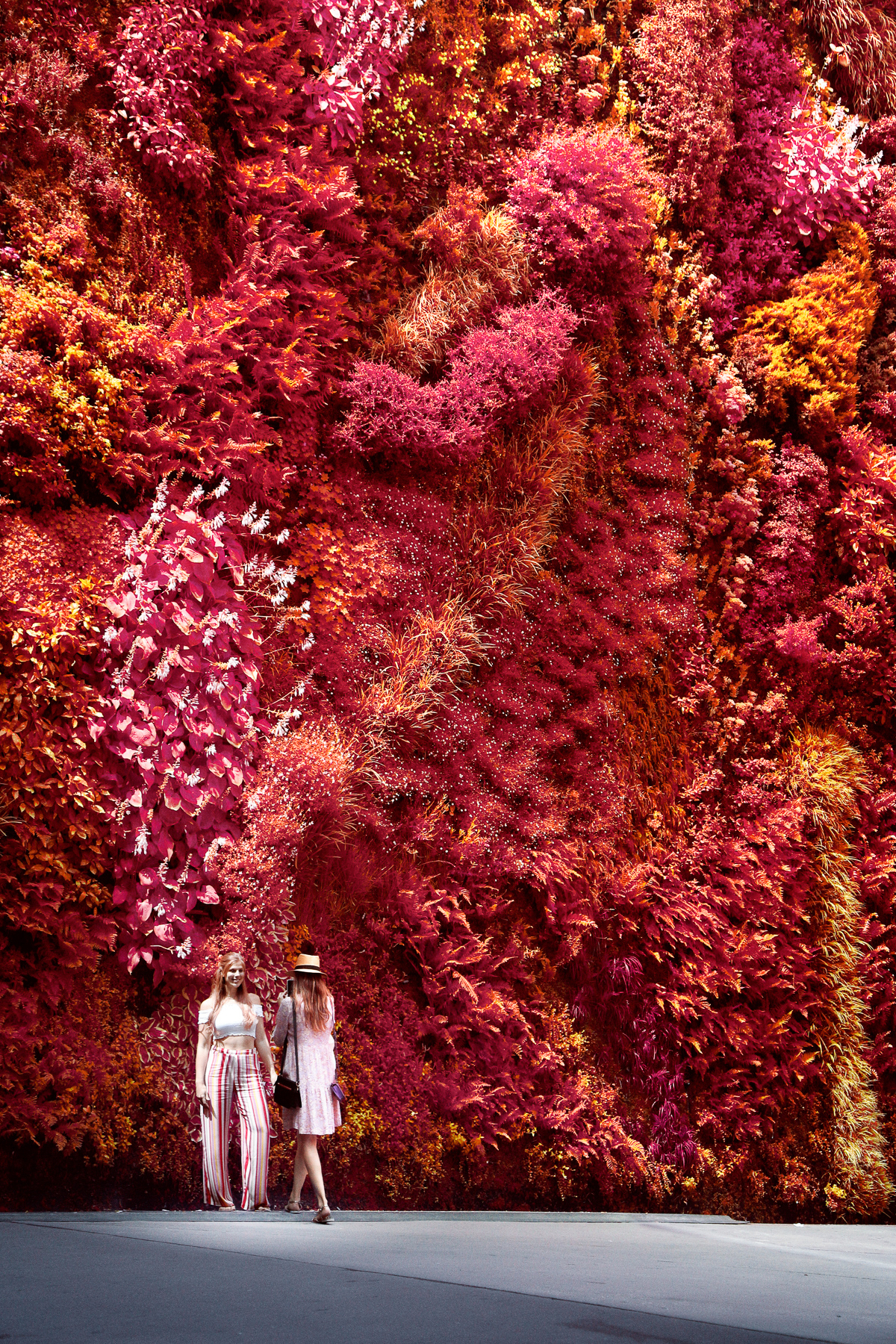
Infrared photographic series, produced using the IRChrome filter. "Madrid Infrarroja
You've been teaching photography at GOBELINS for several years, and you recently invited students to work with creative AI. Why did you choose to do this?
I've been teaching since 2011, returning to the school two years after leaving, at first just to do replacements. I enjoyed teaching and gradually found myself in charge of post-production training for students over the three years of the bachelor's degree.
For me, the aim of the workshops has always been to offer students an experimental approach, linked to cutting-edge photographic techniques (infrared photography, electro-photography, 3D photogrammetry and now artificial intelligence). The idea is to encourage students to be curious and to adopt a discoverer's stance, encouraging them to invent their own solutions when they don't yet exist.
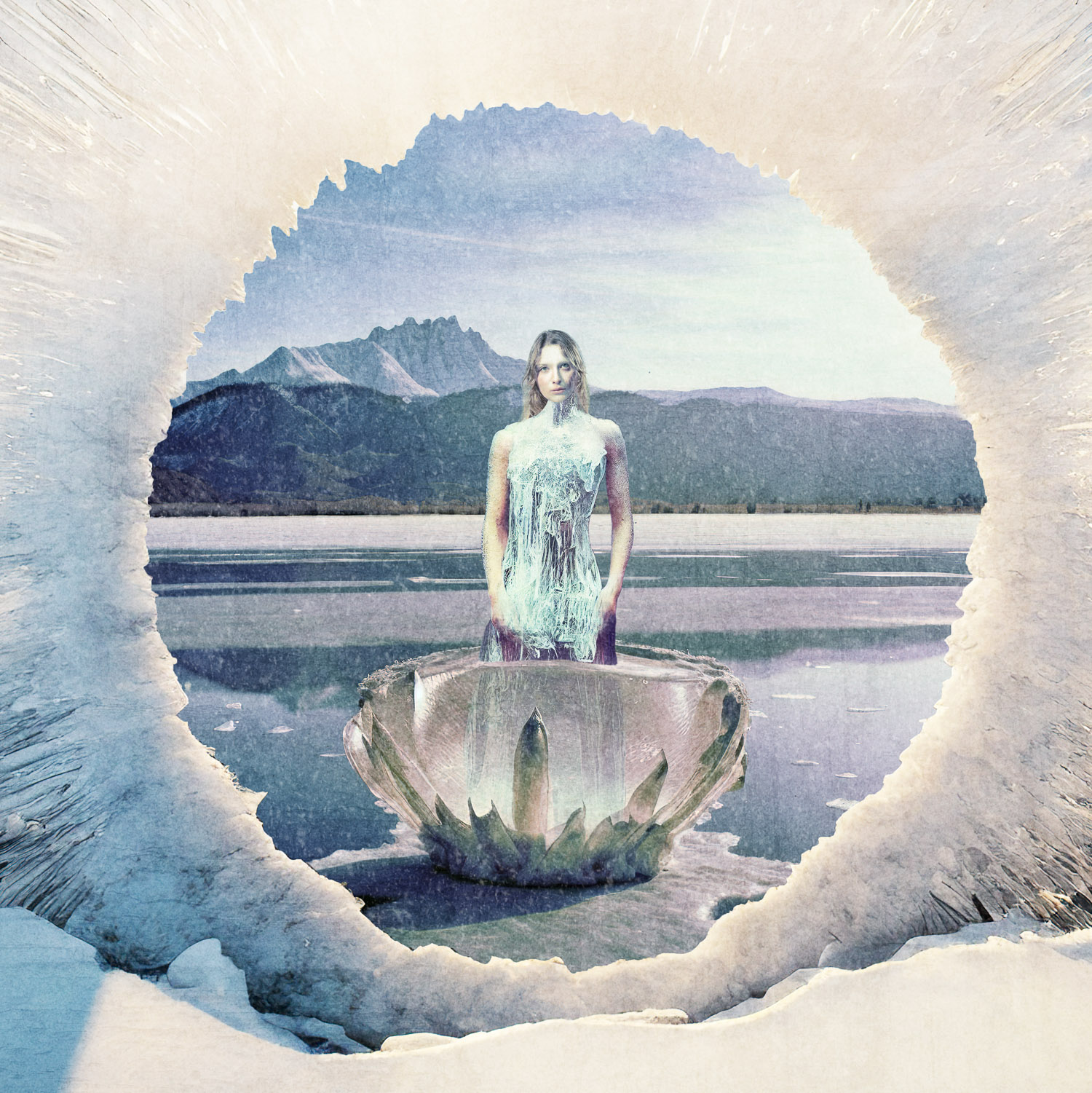
Work produced in January 2023 by Nina DUHAU (Bachelor Photo-Video 2nd year) as part of the workshop devoted to artificial intelligence.
As AI is a subject that everyone is passionate about at the moment, I wanted the students to be confronted with it as soon as possible, so that they could include this new tool in their creative process and think about the various ways of exploiting it.
It was very interesting, because the results were very mixed: some students managed to detach themselves from AI, while others were totally guided by it.
What do you enjoy most about being a photographer and teacher?
I'm never bored! I'm a jack-of-all-trades by nature; I like to be on several projects at the same time. I love being able to shuttle between teaching and the professional world, giving students a direct connection with the world of work.
As a professional, I really appreciate the way students see things, as they're always looking for ways to innovate. What they're doing today is what will be making visual fashion in 5 years' time. Teaching allows me to anticipate and see trends thanks to the students' work.
I've also been able to build up a huge network: I'm regularly contacted by former students for projects, and I've also had a lot of former students work as freelancers in my company.
For me, it's a real virtuous circle. I think that the professional world cannot exist without teaching and pedagogy, and vice versa.
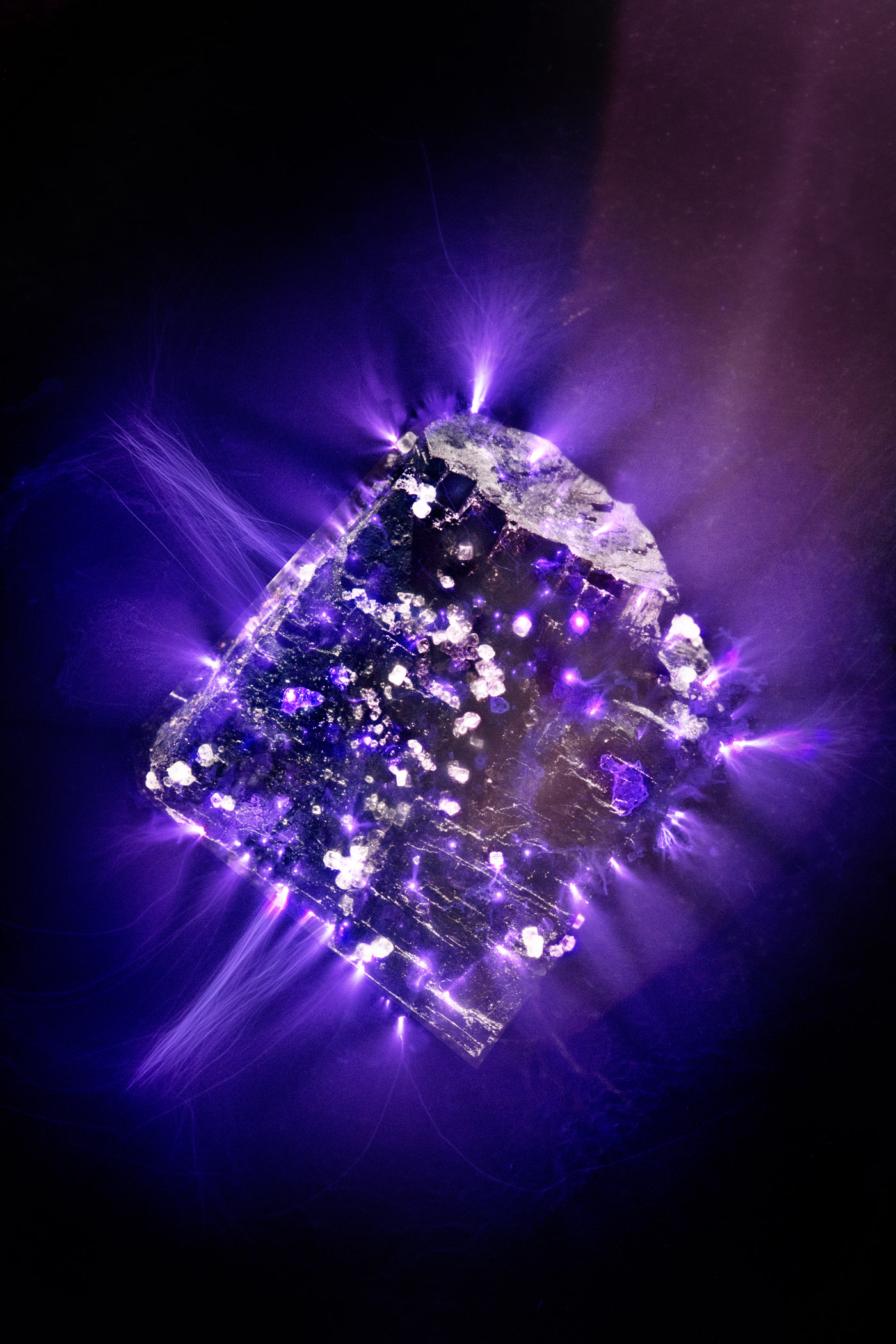
Work by Lucie HODIESNE (Bachelor Photo-Video Promo 2020) as part of a course dedicated to photographing the invisible via the "Kirlian effect" (electro-photography).
Can you tell us something you remember about your studies at GOBELINS?
The color lab! As first-years in image processing, we spent most of our lives inside. It was a unique experience to be able to live and discover this.
My second memory is the time I spent with the person who later became my partner. We reproduced in the real world what we had experienced at school : working together, helping each other, giving each other advice... We wanted to keep this synergy going beyond the walls of GOBELINS.
This is also the case for many of our alumni, a number of whom have continued to work together after leaving the school. GOBELINS is also a great place to make friends and strong contacts with whom to work in the future.
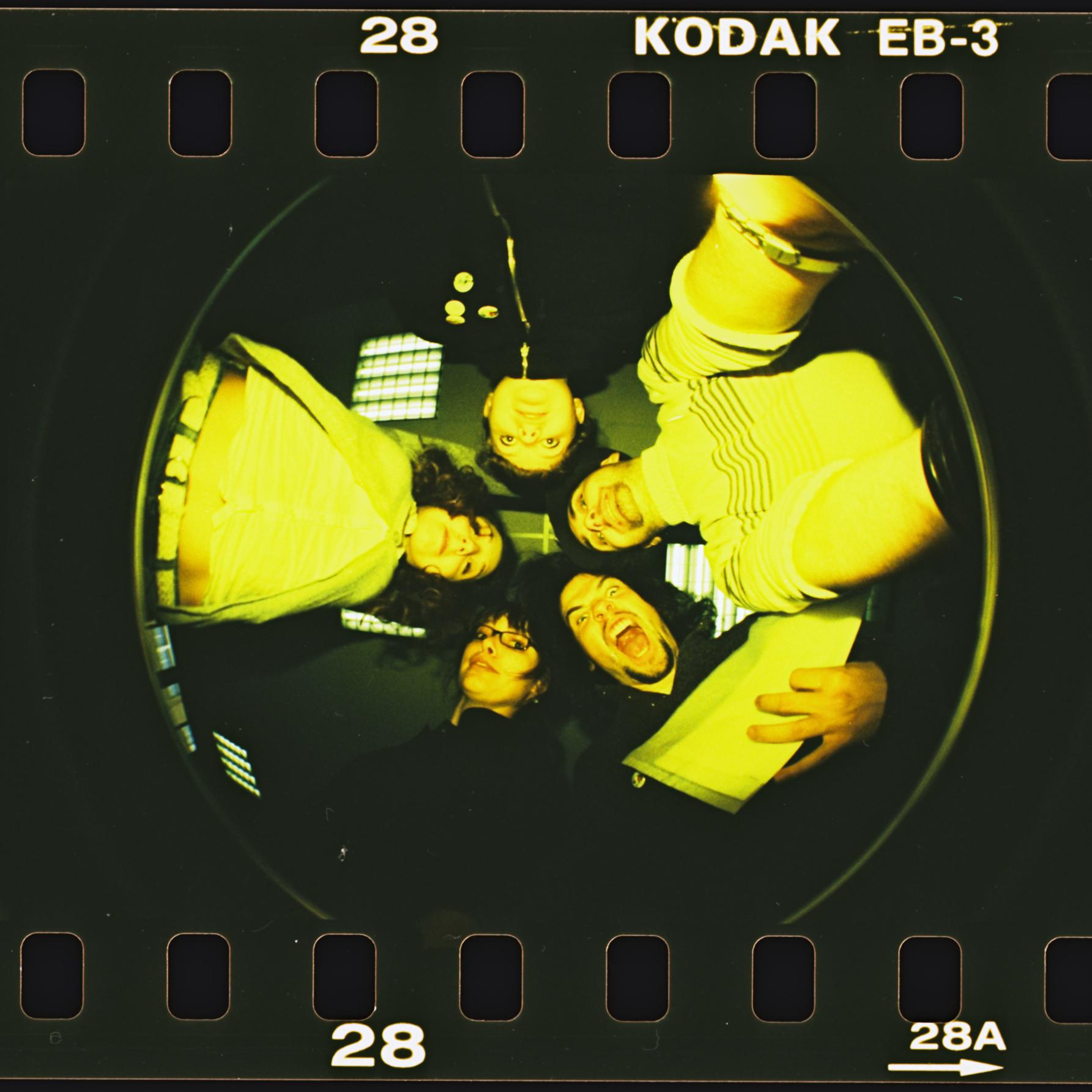
Students from the "Photography/Image Processing" class of 2009 in the lab at GOBELINS Paris
What advice would you give to a recent graduate?
Remain curious and never rest on your laurels or knowledge. Photography is a rapidly evolving field. You have to be open to everything that's new, always cultivating yourself and continuing to nurture your passion. You have to try as much as possible to preserve the initial attraction that drew you to this profession, and keep that pleasure intact in one way or another.
I often have this conversation with former students here who have become retouchers, and who sometimes no longer take their camera with them when they go on vacation; I think that's a shame. It's essential to continue to marvel at things as we did in the beginning.
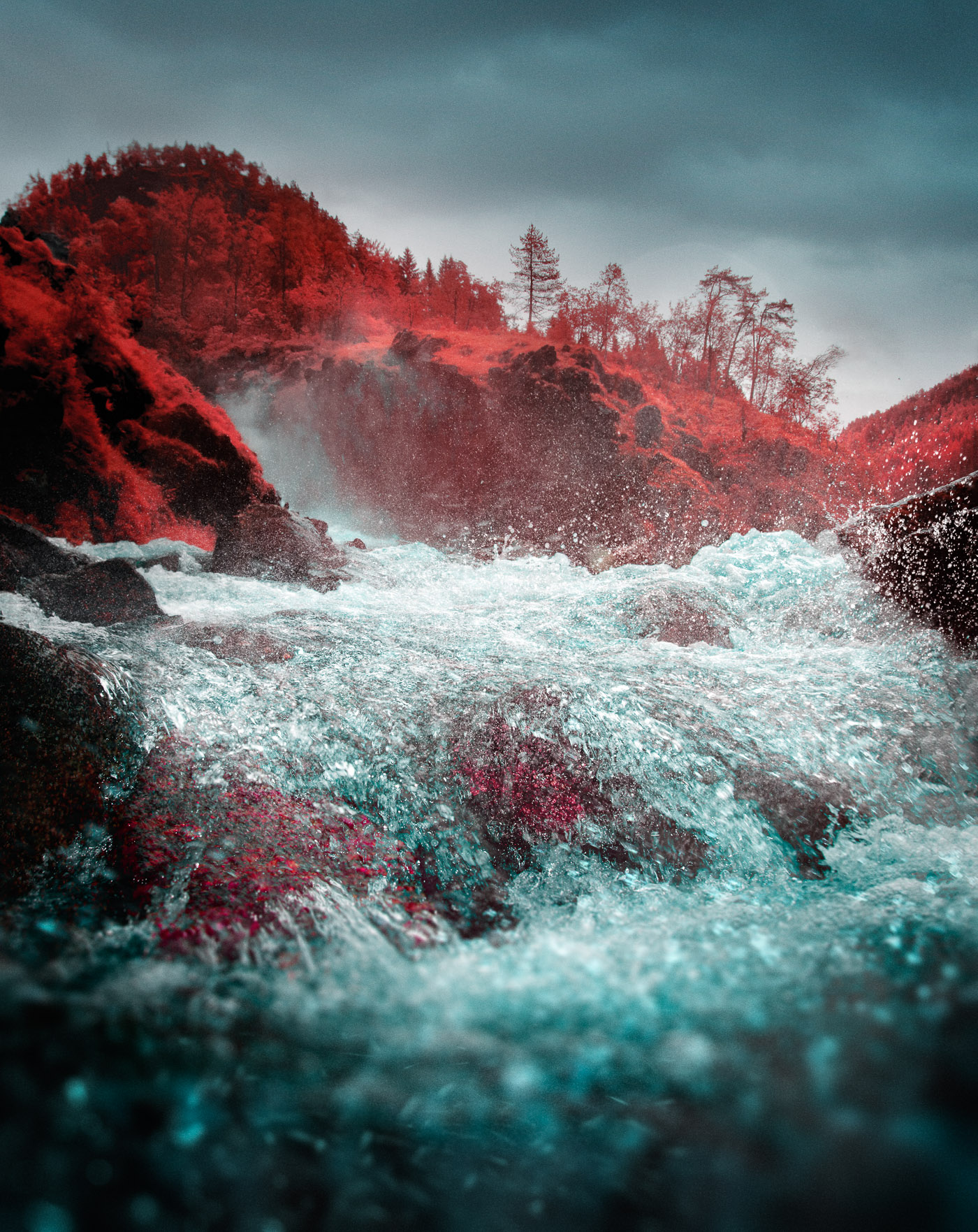
Digital infrared photograph from the "Norway" series using the prototype IRChrome filter developed by Yann PHILIPPE.
Interview by Sophie Jean
 3
3
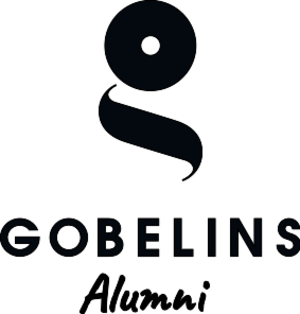







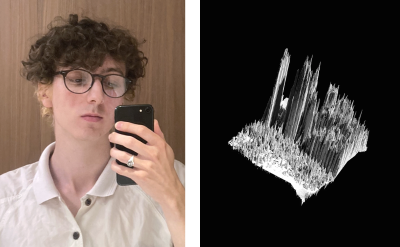
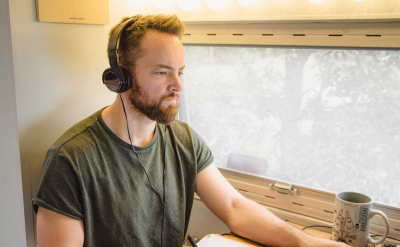
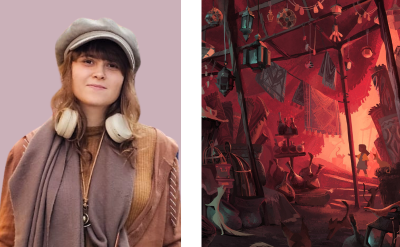
No comment
Log in to post comment. Log in.